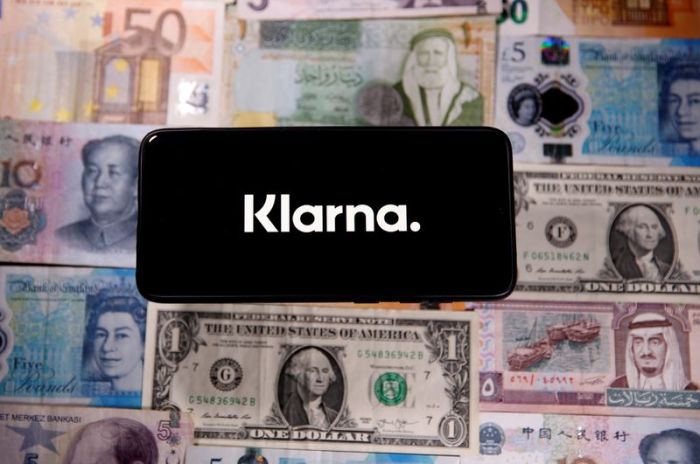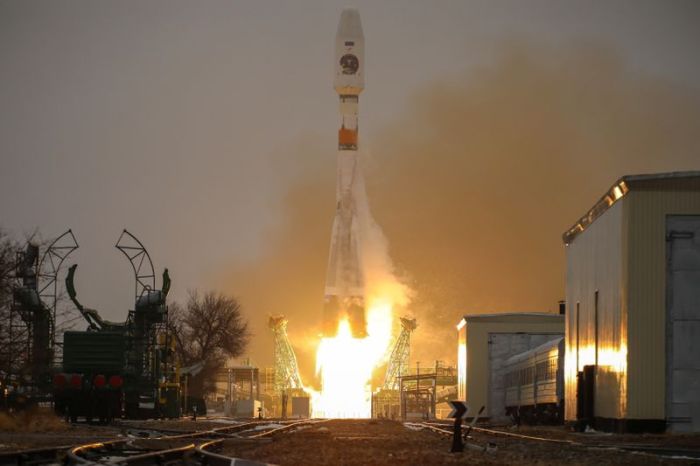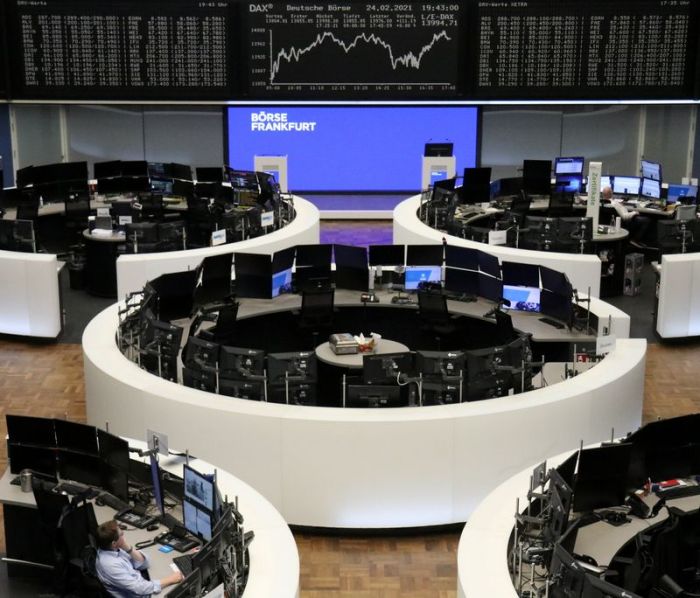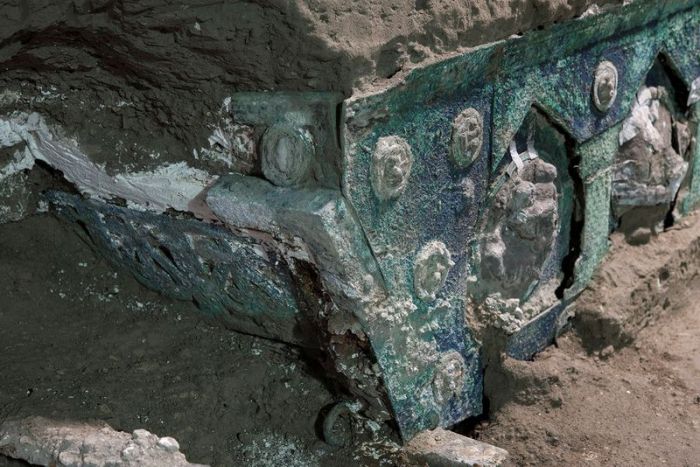LA PAZ (Reuters) – As Bolivia struggled late last year to secure deals with large drug firms to supply COVID-19 vaccines, the incoming president, Luis Arce, turned to Russia for help.
By the end of December, Bolivia clinched its first major COVID-19 vaccine deal, with enough shots for some 20% of the population. The first Sputnik V doses arrived in the country in late January, just as virus cases were spiking.
“It was a really marathon task,” said Bolivian trade minister Benjamin Blanco of the procurement quest, but Russia’s political will made it possible. Western vaccine makers “told us developing countries that we had to wait until June.” He didn’t name names.
Bolivia’s reliance on Moscow underscores how governments across the region have turned to Russia’s Sputnik V drug amid fears of being left behind in the global scramble for vaccines. As many wealthier developed nations have signed big deals with large drugmakers like Pfizer Inc and AstraZeneca PLC, countries in Latin America have faced difficulties securing adequate vaccine supplies.
For Russia, acceptance in Latin America lends legitimacy to its vaccine, which faced initial skepticism. It also provides Moscow an opportunity to make in-roads in the resource rich region at a time when COVID-19 vaccines are becoming a tool for soft power. Sputnik V is named after the Soviet-era satellite that triggered the space race, in a nod to the project’s geopolitical importance for Russian President Vladimir Putin.
Latin America’s Russian gamble looks a stronger bet after scientists said it was almost 92% effective in its first peer-reviewed study, published in early February in international journal The Lancet.
Current and former officials from three countries in the region, including Blanco, described to Reuters challenges in negotiating with multinational drugmakers. Officials from two of the countries described the comparative ease in dealing with Sputnik V’s marketeers, ranging from eagerness to engage to less onerous contractual terms, and in some instances a more attractive price.
But it’s not without risk. It’s unclear how effective Sputnik is against the new coronavirus variants, including one circulating widely in Brazil. And Russia has already experienced production delays domestically and overseas, including to Argentina, which in December became the first Latin country to sign a Sputnik V supply deal.
Sharon Castillo, a spokeswoman for U.S.-based Pfizer, said in response to questions from Reuters that the company and its German partner BioNTech SE are committed to working with governments and others “to ensure equitable and affordable access to our COVID-19 vaccine for people around the world.” She added that Pfizer and BioNTech currently have completed bilateral supply agreements with eight countries in Latin America.
At least ten countries in the region have said they have signed deals to receive AstraZeneca’s vaccine, which is developed with UK’s University of Oxford.
Arce’s office didn’t respond to requests for comment. Bolivia has this year signed deals with a supplier of AstraZeneca’s vaccine as well as China’s Sinopharm and is procuring further doses via global vaccine-sharing scheme COVAX. Russia’s trade envoy to Bolivia, Iakov Fedorov, said the vaccine deal was “not so political” and the Russian government was “always predisposed to support and help” bring Bolivia together with Sputnik V’s marketers and manufacturers. Moscow’s Gamaleya Research Institute developed the drug, which the Russian Direct Investment Fund (RDIF) markets overseas.
RDIF agreed to supply 5.2 million shots of Sputnik V to Bolivia, enough of the two-shot vaccine for 2.6 million people. Bolivia has said it has received 20,000 shots of the vaccine.
The Kremlin and RDIF didn’t respond to requests for comment regarding Bolivia. Russia has said it is ramping up production hubs, mostly outside of the country. On Friday, RDIF said it had struck a deal with an Argentine company to produce Sputnik V locally.
On Jan. 19, Arce spoke with Putin. The two leaders discussed reviving Russian investments in Bolivia to develop gas reserves, rekindling a nuclear plant project and cooperating on lithium mining, Blanco said.
Federov, the Russian trade envoy, said they discussed reactivating ties and investments. Vaccine cooperation with Bolivia “can contribute to bilateral and regional relations,” he added.
RDIF has announced deals in at least six Latin American countries to supply more than 60 million shots, according to a Reuters tally of available data. Other countries in the region have said they are looking at Sputnik V.
RDIF has said it has deals to deliver doses to more than 500 million people this year. Russia recently offered 300 million Sputnik V doses to Africa along with a financing package for countries wanting to secure the shots.
‘TOUGH’ TALKS
Bolivia has recently experienced a deadly surge in COVID-19 infections, leaving corpses piling up amid overwhelmed funeral homes and cemeteries. A country of about 11.5 million people, Bolivia has reported more than 11,600 COVID-19 related deaths, according to a Reuters tally.
But Bolivia, one of Latin America’s poorest nations, has struggled to secure bilateral deals for vaccine supply. After Arce took office in early November, the socialist Bolivian government entered into discussions to obtain AstraZeneca’s vaccine. Blanco described those talks as “difficult” and “intense,” though declined to give more details, citing a confidentiality agreement. The talks were led by India’s Serum Institute, which is a manufacturer of AstraZeneca’s vaccine. Bolivia in January struck a deal with the Serum Institute for 5 million doses, which are not due to arrive until April.
AstraZeneca said its role was to connect the Bolivian government with the Serum Institute.
Blanco said Bolivia wasn’t able to negotiate with Pfizer because the country lacked infrastructure to store the vaccines at the low temperatures required.
The minister added that Bolivia was seeking a small share of Pfizer’s vaccine via global vaccine-sharing scheme COVAX, which is backed by the World Health Organization and involves various suppliers. Arce’s government agreed in January to receive 5.1 million doses of a range of vaccines from COVAX; the first batch of around 1 million doses the government said were due to arrive by the end of February. Blanco said that even via COVAX, Bolivia had to meet numerous requirements, including guaranteeing payment of transportation and logistics costs.
Pfizer spokeswoman Castillo said the company pays for transport and logistics costs from its plant to the recipient nation, which is then responsible for such costs “once in-country.”
Officials from some countries, including Argentina and Peru, have publicly complained that terms demanded by Western drugmakers were too tough, including liability waivers and long confidentiality clauses.
Two of the regional officials told Reuters about frustration among countries in the region over delays in locking in deals with Johnson & Johnson, which hasn’t announced any finalized bilateral deals in the region. The U.S. drugmaker conducted trials in six Latin American countries late last year for its single-shot vaccine, which doesn’t require cold storage. J&J said it is “committed to enabling equitable global access to the Janssen COVID-19 vaccine candidate on a not-for-profit basis for emergency pandemic use, if approved for use by health authorities.”
Blanco said key differences in dealing with Russia included its offer to accept liability for any problems, unlike other drugmakers.
Pricing was another differentiator, said Blanco, with Russia offering a single price of around $10 per jab. Pfizer is charging some buyers, including in European Union and the United States, around $19 per shot, as Reuters has previously reported. One of the Latin American officials said AstraZeneca’s vaccine cost between about $3 and $5 a dose.
Pfizer declined to confirm the cost but said lower income countries would pay a not-for-profit price.




























